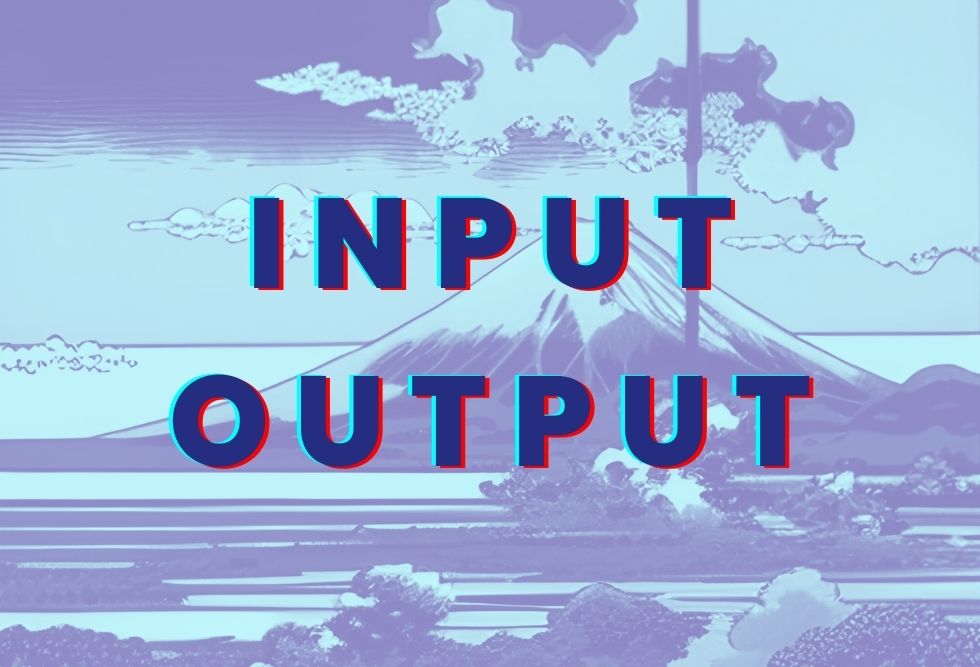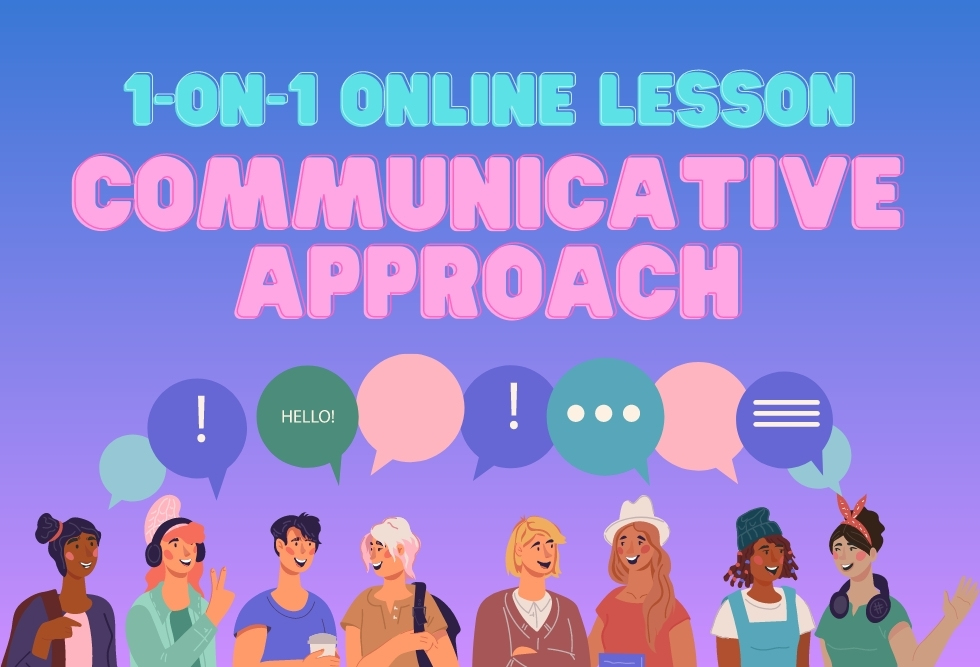Learning a new language can be a daunting task, especially when it comes to languages such as Japanese etc.
However, with the right approach, anyone can learn Japanese and achieve fluency.
Key is INPUT
One of the key factors in successful language learning is having a good source of language INPUT.
Language input refers to the process of exposing oneself to a language in order to learn it.
This can be done in many different ways, such as listening to podcasts, watching videos, reading articles, or even chatting with native speakers.
By exposing oneself to the language in its natural context, learners can pick up on vocabulary, grammar, and pronunciation more easily.
Common mistakes made by Japanese language learners and schools
Many Japanese language learners make the mistake of focusing too much on grammar.
While grammar is an important part of language learning, it can be counterproductive to focus on it exclusively.
Instead, learners should focus on understanding the language through input. By understanding the language naturally, learners will be better equipped to use grammar rules in context.
One of the best ways to learn a new language is by engaging with content that interests you.
This can include podcasts, videos, articles, and books.
By choosing content that you enjoy, you will be more motivated to continue learning and will be able to pick up new vocabulary and grammar rules more easily.
Podcast for Japanese language learners
For beginner and intermediate Japanese learners, one great resource to check out is the “Slow Japanese” podcast by Mochifika.
This podcast is specifically designed for Japanese learners, and it features slow and clear Japanese speaking on a variety of topics.
Some episodes are even available also on LingQ, allowing learners to practice their listening and reading skills simultaneously.
The “Slow Japanese” podcast covers a wide range of topics, including Japanese culture, food, travel, and daily life.
By listening to the podcast, learners can improve their listening comprehension and pick up new vocabulary and grammar structures.
The podcast is perfect for learners who want to improve their listening skills and pick up new vocabulary.
LingQ
Another excellent resource for learning Japanese is LingQ.
LingQ is an online language learning platform that allows learners to engage with content in their target language at their own pace.
LingQ features a massive library of content, including articles, podcasts, and videos, which are all accompanied by audio recordings and transcriptions.
This allows learners to practice their listening, reading, and speaking skills all in one place.
One of the unique features of LingQ is its use of an algorithm that adapts to each learner’s individual progress.
As learners engage with content on LingQ, the algorithm tracks their progress and adjusts the difficulty of the content to match their level.
This allows learners to progress at their own pace and ensures that they are constantly challenged.
Want to be able to speak? Then OUTPUT
In addition to language input, language OUTPUT is also an important part of language learning.
By practicing speaking and writing in the target language, learners can solidify their understanding of grammar and vocabulary, as well as improve their communication skills.
If you’re learning Japanese, Mochifika also offers personalized lessons with Akari, a native Japanese speaker and experienced language teacher.
These lessons are designed to help learners practice their speaking, reading, writing, and listening skills, plus grammar, in a fun and engaging way.
By working with teacher Akari, learners can receive personalized feedback and guidance on their language skills, allowing them to progress more quickly toward fluency.
Summary
In summary, language learning is a multifaceted process that requires a combination of language input and output.
By engaging with content that interests you, such as the “Slow Japanese” podcast or LingQ’s extensive library of Japanese resources, and by practicing speaking and writing with a teacher like Akari, you can improve your Japanese language skills in a fun and effective way.
Whether you’re a beginner or an experienced learner, Mochifika offers a variety of resources to help you achieve your language learning goals.
Links









